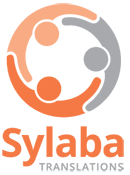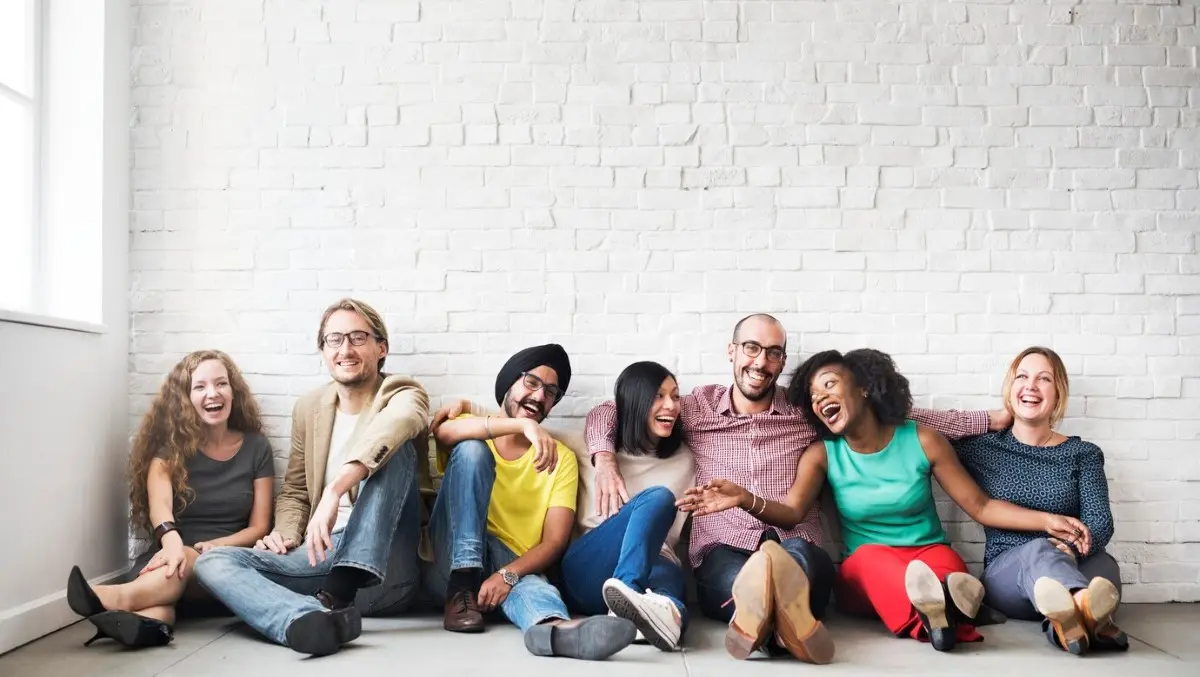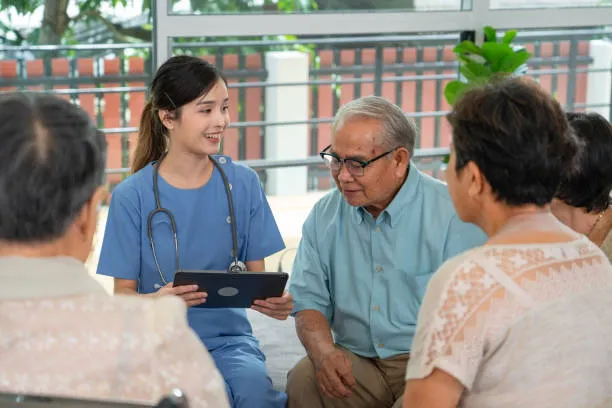Have you ever tried to hold focus groups in CALD communities when you don’t have the time or the resources? Normally, focus groups need to have at least 8 people with very specific demographics. They all need to meet up at the same time, on the same day, in a venue that is convenient enough for everybody to make the effort.
And recruiting community representatives can be a nightmare in very small CALD community groups.
But there is a simple and easy way to get the information you need without trying to herd everyone into the same room at the same time.
Here’s what works for us:
- Identify the potential cultural red flags that your resource might bring up.
- Draft very specific questions that will help you find out more about these red flags and how to avoid them or approach them for each cultural group.
- Call the community representatives individually and ask if they would be willing to answer the questions on the phone. Most will agree or arrange a more suitable time to do so.
- To ensure the information you receive is representative enough, you need to get enough answers to the same questions.
This 1-on-1 strategy will save you huge amounts of time and make getting the information you need faster, easier and more efficient.
However there are risks and this approach to focus groups in CALD communities won’t work for every project.
Here are some of the risks that you would be exposed to:
- Assuming what the cultural red flags are and only consulting on them can lead to your team missing out on other potential issues. As a result, you might end up producing a resource that could lack effectiveness.
- Running 1-on-1 telephone sessions, you will miss out on the debates and discussions that might arise during an onsite focus group.
Are you interested in CALD community engagement? Here is another article that you might like.
And if you think community consultations are important, what do you think about the evaluation of translated resources?
The significance of focus groups and our understanding of CALD communities
People who live in CALD communities come from a variety of cultural and linguistic origins, and they frequently face particular difficulties because of linguistic and cultural limitations as well as a lack of resources. It is critical to understand that a “one-size-fits-all” strategy would not be sufficient to meet the needs and preferences of CALD people. Researchers and service providers can learn firsthand about the distinctive viewpoints, experiences, and goals of these communities by holding focus groups there.
Focus Groups’ Function in CALD Communities
Focus groups are organised talks that gather a small number of people to examine particular subjects or issues. Focus groups in the context of CALD communities offer a chance to delve deeper into their unique difficulties, collect various opinions, and co-create solutions that are accommodating to their needs. Focus group findings can be used to build customised policies, programmes, and services that support inclusivity and remove obstacles faced by CALD people.
Benefits of Focus Groups in CALD Communities
-
Contextual awareness and cultural sensitivity
Focus groups enable researchers to create an atmosphere where CALD participants can openly communicate their thoughts, feelings, and experiences in a safe and culturally appropriate setting. Participants can build on each other’s ideas thanks to the group dynamics, which results in a deeper comprehension of cultural context and nuances.
-
Engaging Participants
Focus groups promote CALD individuals’ active participation and cooperation. As their voices are heard, participants feel appreciated, which promotes a sense of communal ownership and empowerment. As a result of this interaction, discussions become more frank and open.
-
Identifying Unique Challenges and Opportunities
Focus groups assist in identifying opportunities and difficulties unique to CALD communities that may not be revealed by other research techniques. These perceptions can direct the creation of focused interventions, programmes, and laws that cater to the particular requirements and goals of CALD people.
-
Building Community Networks
Participant networking and relationship-building are facilitated via focus groups. When CALD individuals learn about similar struggles and experiences, they may feel more connected and supported. These relationships may result in the development of social networks that extend beyond the focus group.
Considerations for Conducting Focus Groups in CALD Communities
-
Language Accessibility
Make careful to handle language obstacles by offering qualified interpreters or bilingual facilitators. This promotes a more inclusive and meaningful discussion by ensuring that participants can communicate effectively in their native tongue.
-
Culturally Appropriate Recruitment
Use culturally relevant techniques to find participants, such as approaching local authorities, community groups, or ethnic media. With this strategy, the focus group will have more diverse representation, more involvement, and more trust.
-
Respect for Cultural Norms
During the focus group sessions, keep cultural customs, values, and etiquette in mind. Respect the cultural customs of the participants while fostering an inclusive environment that celebrates variety and encourages respect for one another.
-
Flexible and Adaptable Approach
It is crucial to maintain flexibility and modify the focus group methodology to meet the particular demands of the participants because CALD communities are dynamic and diverse. To achieve inclusion, take into account differences in communication methods, tastes, and levels of participation.
Conclusion
Focus groups in CALD communities are a priceless method for grasping their distinctive needs, viewpoints, and aspirations. Focus groups allow CALD people to collaborate and contribute meaningfully by fostering a safe and culturally sensitive environment. The knowledge gathered from these discussions can assist in the creation of focused initiatives, regulations, and services that cater to the particular needs of CALD populations. By adopting this inclusive research methodology, we can promote a more just society that values diversity and gives CALD people the tools they need to succeed.
Related Posts

Get a quote today
"*" indicates required fields
Subscribe today to receive the latest insights and updates from Sylaba Translations










